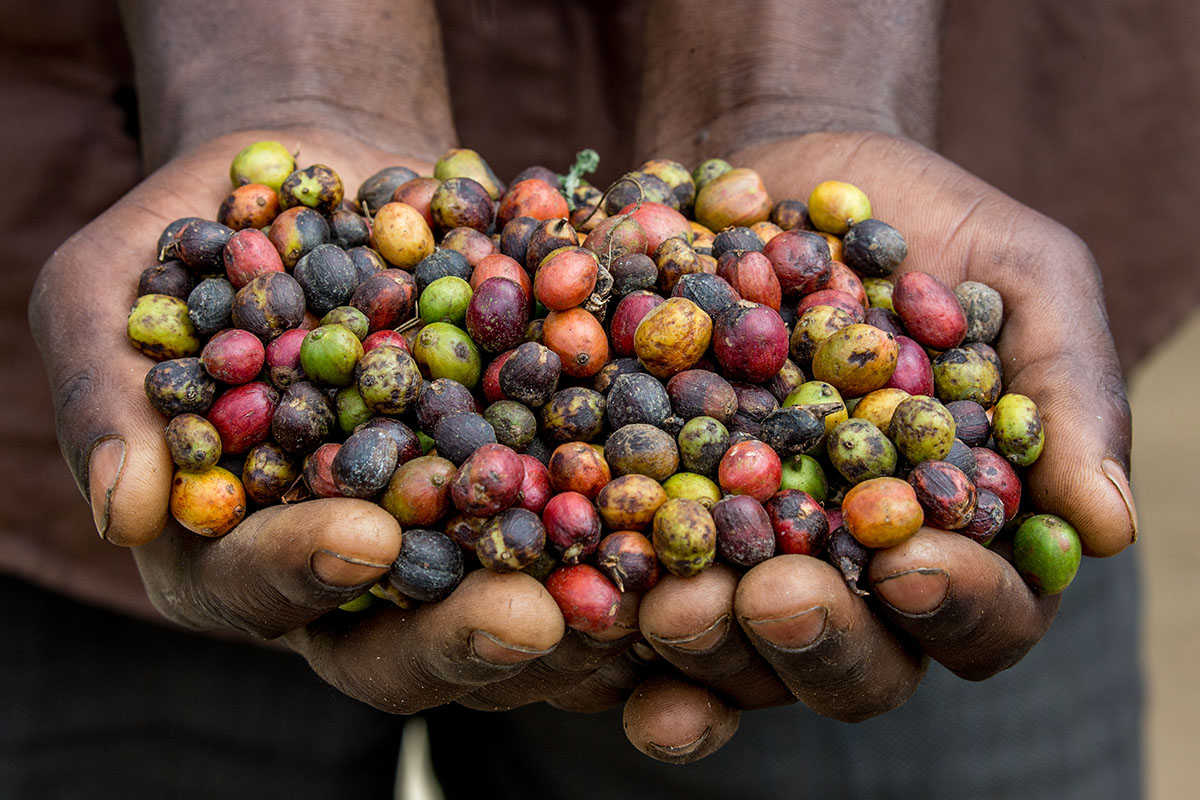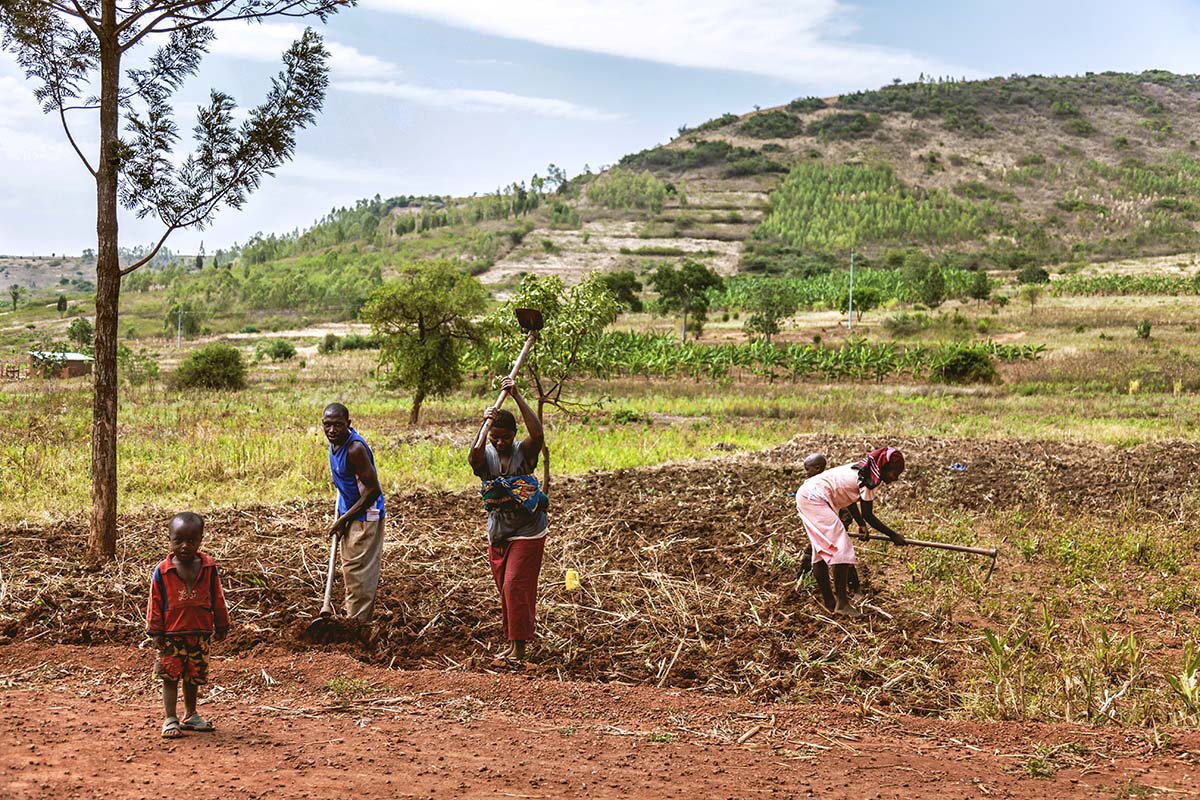Fights in Ugandan Parliament as lawmakers pass controversial coffee bill
November 23by Erisa Sserwadda
Uganda is Africa’s second-largest coffee exporter, following Ethiopia and ranks 7th globally. Other major coffee-producing countries on the continent include Rwanda, Kenya, Tanzania, Côte d’Ivoire, and Burundi. The coffee sector in Uganda employs around 5 million people, with over 1.8 million households involved in coffee cultivation, making it a crucial source of livelihood. In 2022, Uganda earned approximately $813 million from coffee exports. Consequently, around 12 million people benefit directly or indirectly from the coffee industry in Uganda, highlighting its significance to a nation with a population of nearly 50 million.
Drama and chaos erupt in the Parliament during passing of controversial bill into law
On November 6, 2024, the Ugandan Parliament faced intense disturbances that led to the suspension of 12 legislators. Tensions escalated when Mityana Municipality MP Francis Zaake raised procedural concerns, claiming that unidentified individuals carrying weapons had entered the House, a severe violation of parliamentary rules and conduct. Unfortunately, the situation turned chaotic and violent. Zaake was rushed to Nsambya Hospital following a physical altercation with Kilak North MP Anthony Akol. This incident occurred during a session where the National Coffee (Amendment) Bill 2024 was passed into law. This bill, which had been a source of considerable debate since its first reading on April 4, 2024, endorsed the dissolution of the Uganda Coffee Development Authority (UCDA).
This bill, which has now become law, proposes that UCDA, after operating for over 30 years, be dissolved and its functions taken over by a department within the Ministry of Agriculture, Animal Industry, and Fisheries. However, Members of Parliament, particularly from the opposition, led by the Leader of the Opposition, Joel Ssenyonyi, have unanimously condemned the bill. They argue that dissolving the UCDA will not only jeopardize the future of Uganda’s coffee production but will also undermine the entire coffee sector, which is a critical component of the country’s economy.
Government’s Stance
On the other hand, the government, through its majority legislators from the National Resistance Movement (NRM), which has been Uganda’s ruling party for over 38 years, has since expressed support for the bill. The Minister of Agriculture, Frank Tumwebaze, has argued that this initiative is part of a broader government policy aimed at streamlining government agencies and reducing public expenditure. The government believes that integrating the functions of UCDA into the ministry will enhance efficiency and accountability. This move aligns with the Rationalization of Government Agencies and Public Expenditure (RAPEX) policy adopted in 2021.
Broader Implications of the Bill and the Observed Parliamentary Drama
The disbandment of the Uganda Coffee Development Authority (UCDA) raises significant concerns about the future of Uganda’s coffee industry and highlights broader democratic issues within the country. The UCDA has played a crucial role in regulating and promoting coffee production since its establishment, and its dissolution could lead to a decline in both the quality and competitiveness of Uganda’s coffee in the market.
While the government argues that this new law will result in better resource allocation and improved oversight within the agricultural sector, it can also be seen as a continuation of earlier neoliberal policies designed to enhance government efficiency by allowing the market to function freely. This approach risks leaving local producers vulnerable to a highly exploitative market, ultimately benefiting only those with market power rather than the local coffee farmers who are the true backbone of the industry.
These chaotic scenes, scuffles, and the suspension of 12 MPs for alleged misconduct clearly illustrate the profound divisions within the legislative body. These events undeniably raise serious concerns about the government’s commitment to democratic principles, free debate, expression, and freedom of speech. The opposition has repeatedly and justifiably accused the government of employing heavy-handed tactics to push through various amendments (like the scrapping of the Presidential Term limits in 2005 and the removal of the Presidential Age limit in 2017), including an increased security presence and questionable interference by the President through the executive branch. Such actions are alarming as they threaten the independence of parliament and suppress dissenting voices.
In a nutshell, as the dust settles on the parliamentary session, November 6, 2024, will always mark the passage of the National Coffee (Amendment) Bill 2024, a contentious chapter in Uganda’s legislative history that joins earlier amendments and violent constitutional changes drawing wider opposition and ugly scenes inside the house. Meanwhile, coming months and probably years will reveal whether the government’s vision for a streamlined and efficient agricultural sector will materialise or if the analyst’s and opposition’s fears of a weakened coffee industry will come to pass. Moreover, the events surrounding the bill’s passage underscore the ongoing challenges facing Uganda’s democracy as the country grapples with issues of good governance, corruption, transparency, and political pluralism.






